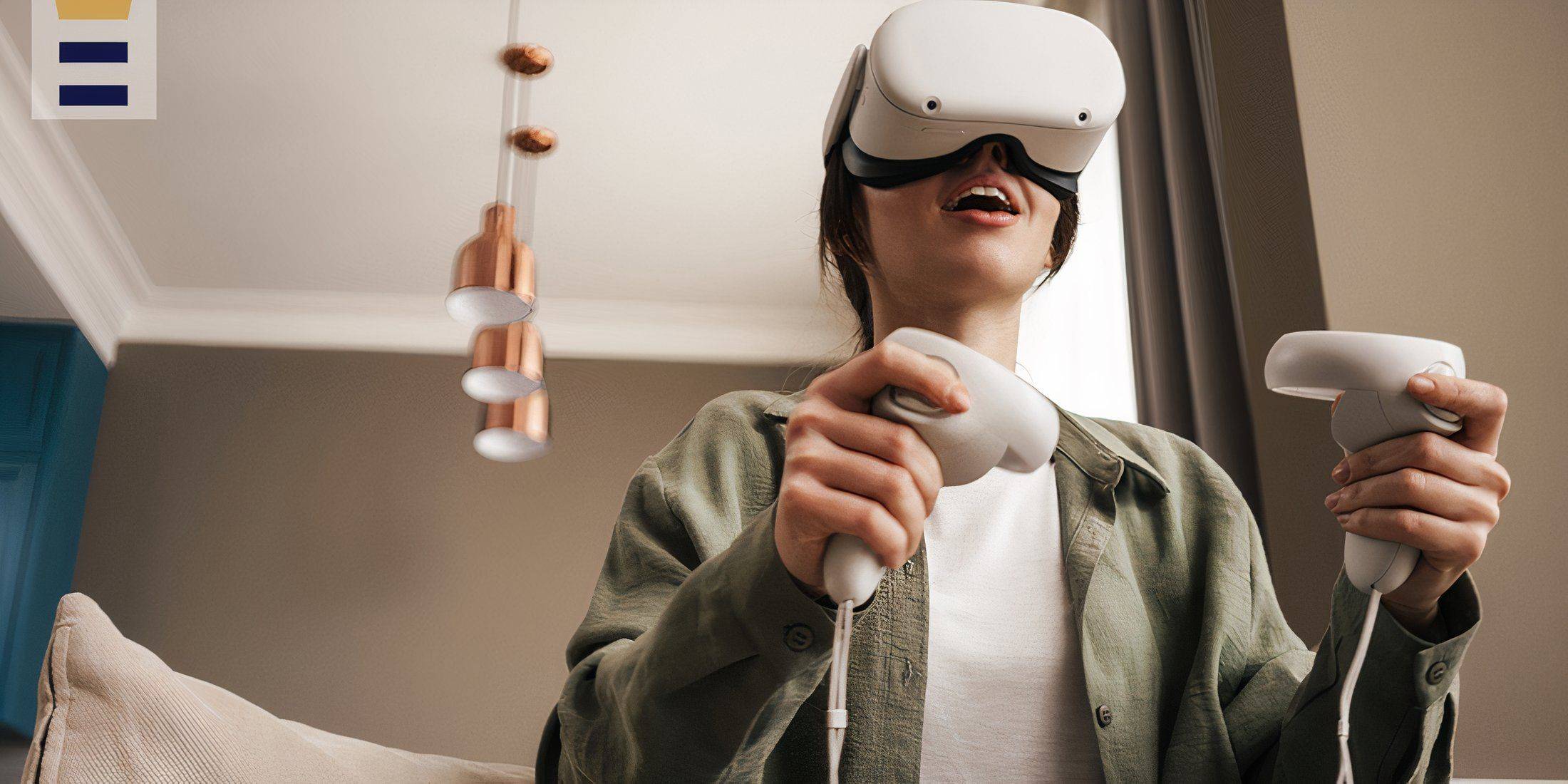
In a groundbreaking move, a Florida court has utilized virtual reality (VR) technology, possibly for the first time in the U.S., to present a case from the defendant's perspective. This innovative use of VR headsets, specifically the Meta Quest series, marks a significant shift in how legal proceedings might be conducted in the future.
While VR has been around for years, it hasn't yet achieved the same level of mainstream acceptance as traditional gaming. However, the Meta Quest series has made strides in making VR more accessible with its affordable and wireless headsets. This advancement has paved the way for its use in unique settings, such as the courtroom.
In a recent "stand your ground" case in Florida, the defense used VR to recreate a violent incident at a wedding venue owned by the defendant. The scenario depicted the defendant rushing to the scene to protect his property and staff, only to find himself cornered by an aggressive crowd. He drew a gun, leading to charges of aggravated assault with a deadly weapon. The defense presented this critical moment using a computer-generated (CG) recreation, viewed through Meta Quest 2 headsets, to give court officials a firsthand perspective of the defendant's experience.
Virtual Reality Could Change How Trials are Handled
This pioneering use of VR in court could set a precedent for future trials. Unlike traditional visual aids such as illustrations and photos, VR immerses viewers in the scene, creating a more visceral understanding of the events. The defense attorney hopes to use this VR demonstration in a potential jury trial, believing it could significantly impact jurors' perceptions.
The wireless nature of the Meta Quest headsets made this demonstration feasible, as other VR systems often require cumbersome setups with wired connections and external trackers. The ability of VR to foster empathy and understanding of a defendant's perspective could lead to broader adoption of Meta's technology in legal settings.
As VR technology continues to evolve and become more user-friendly, its role in the legal system may expand, offering new ways to present evidence and enhance the understanding of complex scenarios in court.









